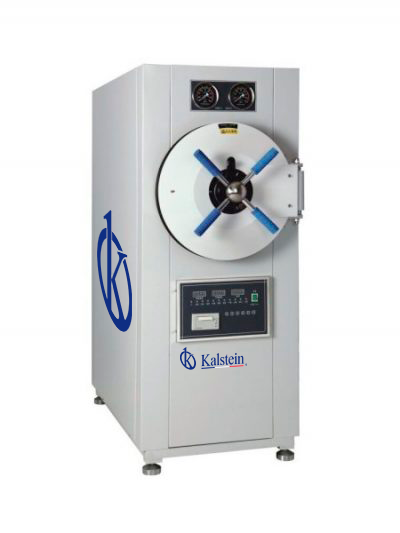In biology, autoclaves are critical to prevent contamination. These devices provide a safe and efficient way to process waste and other hazardous biological materials. At the same time, they have the ability to protect laboratory personnel from dangerous biological diseases. These features make it essential for the prevention of contamination in the biological laboratory.
Kalstein offers you a YR series where you will find different models of autoclaves, where you can discern which one suits you and your needs; visit us HERE, and discover that as a leading manufacturer in the international market, we have the best materials and most sophisticated design, the benefits of buying with us is that we not only guarantee an unbeatable price, but we accompany you in your process of installing the equipment, from the first contact we are for you and your company.
Advantages of Autoclaves
Autoclaves have several advantages over other means of destroying hazardous biological waste. First, the use of autoclaves is the only safe way to disinfect equipment and accessories to which biohazardous material has been exposed. On the other hand, autoclave treatment is much faster and more efficient than traditional disinfection processes, allowing for rapid disinfection and release of biological products. Autoclaving can also destroy microorganisms completely, thus reducing the risk of contagion.
Autoclaves use pressure heat to disinfect the material. This is achieved by placing the material in a closed container, which is hermetically sealed and subjected to high pressure. This causes the steam to expand and raises the temperature to achieve disinfection. This process does not require detergents, thus reducing the risk of further contamination with chemicals. In addition, the use of autoclaves reduces the amount of hazardous biological waste, which helps to protect the environment.
Monitoring of Autoclaves
The use of autoclaves to prevent contamination in the biological laboratory requires strict surveillance and control. They should be closely monitored to ensure that they are functioning properly and disinfecting correctly. This can be done through the use of quality assessments and bacteriological tests. These tests allow the effectiveness of the autoclaves to be evaluated and the presence of microorganisms that have survived disinfection to be detected. This is important to ensure that all biological material leaving the laboratory is free of contamination.
Autoclaves are an indispensable means of protection to prevent contamination in the biological laboratory. They are efficient and safe, as well as an optimal way to disinfect equipment and biological products. While autoclaves are essential, it is also important that they are closely monitored to ensure that they are functioning properly. Doing so also ensures the safety of laboratory employees and the environment.

